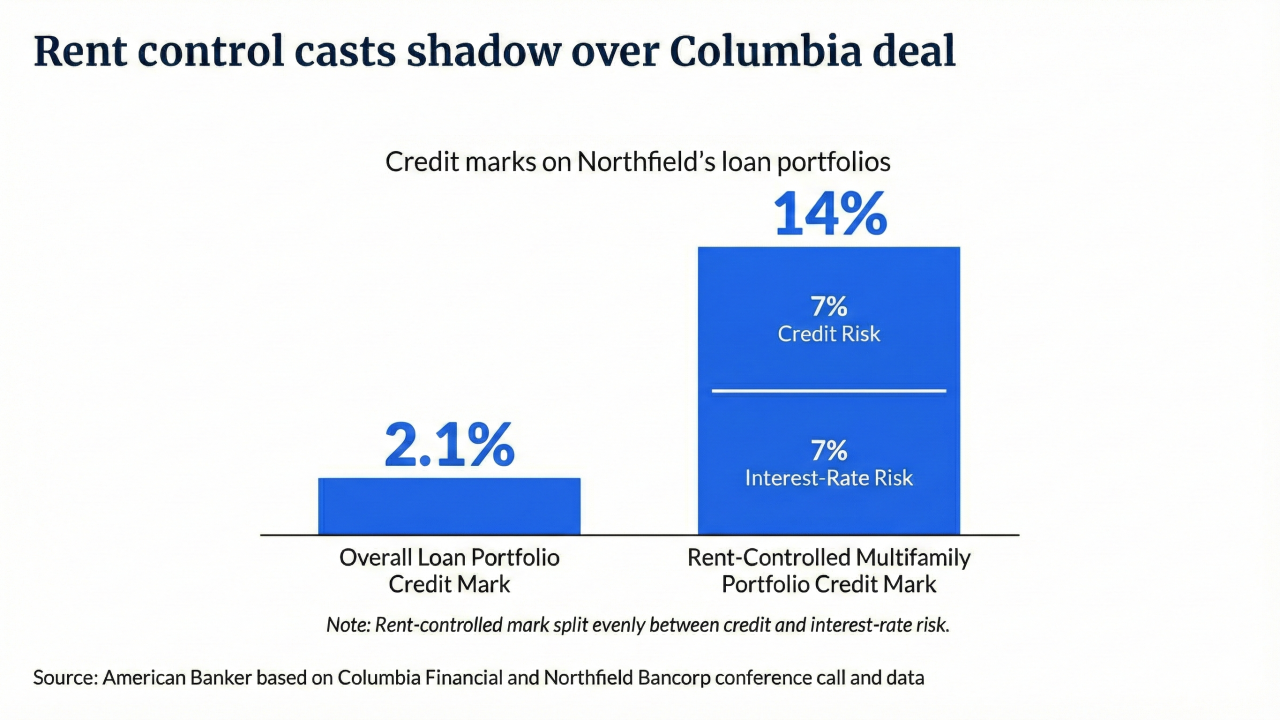
WASHINGTON — A recently proposed rule giving consumers more control over their banking data could provide a unique business opportunity for smaller institutions to compete with their bigger peers, Consumer Financial Protection Bureau Director Rohit Chopra told a conference of minority depository institutions and community development financial institutions.
Speaking at the National Bankers Association annual conference Friday afternoon, Chopra said that CDFIs and MDIs should look beyond concerns about compliance costs associated with the CFPB's open-banking proposal and instead consider the opportunities that it presents to level the playing field with larger banks that have consistently made up a greater share of the consumer banking market.
"I want everyone to really accept the fact that every community is moving much more digital," Chopra said. "And you cannot look at open banking as a compliance burden only — you have to look at it as a business opportunity, too. And the more we focus on what the business opportunity is, about how you can steal the lunch of your bigger competitors — that is going to be key."
Chopra went on to say that the access to prospective customers' banking data — even prospective customers who may be located far away from their physical branches — can allow smaller institutions to offer uniquely tailored loans and services.
"You can use that information to offer new and different products," Chopra said. "I actually think open banking will allow many of you to offer lines of credit that will take away from the credit card industry at better rates, [and] will allow you to offer business loans in different ways. And I think we are very eager to figure out how to make sure that is the result."
Chopra's comments come the day after the CFPB
The proposal would give consumers a legal right to grant third parties access to bank account transaction data and would require financial institutions that offer checking accounts, prepaid cards, credit cards and digital wallets to allow customers to share their data safely with, or transfer the information to, another provider. It would also set rules around how that data, once shared, may and may not be used, limiting third parties or banks from selling consumer data.
Banks raised concerns about liability and costs. Rob Nichols, president and CEO of the American Bankers Association, said Thursday that the rules must ensure that third-party service providers must be subject to the "same level of supervision related to data security, privacy and consumer protection that banks must meet every day." Nichols also noted the "significant implementation costs" that would come with the proposal.
Chopra said during the conference Friday that, more broadly, one of the biggest concerns he has in the banking world is the accretion of more power and market share into a small number of very large institutions. He added that it is imperative for regulators to ensure that those nonbank financial institutions that are becoming dominant — particularly in the payments sphere — are subject to the same or similar consumer safeguards and oversight that banks are required to meet.
"I do feel that the future of banking, on its current track, is lurching toward a handful of very large tech companies, and a handful of very large banks that largely control everything, and some of that is going to be at the detriment of what the aspiration is here, which was the ability for communities to control and access opportunities," Chopra said. "People across age segments are engaging in digital payments. It's happening in a handful of apps outside of the banking system, and it's serving their needs ... but not necessarily with the same consumer safeguards, with the same oversight. So I really think you all as a group have to chart out what the future of banking will look like."






